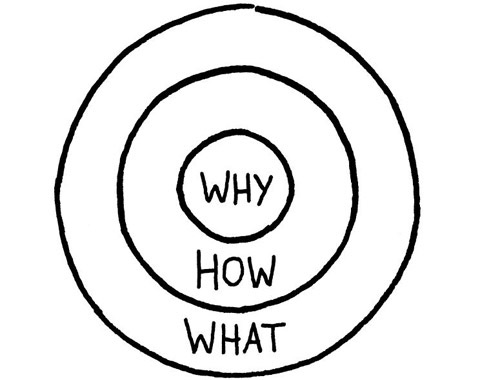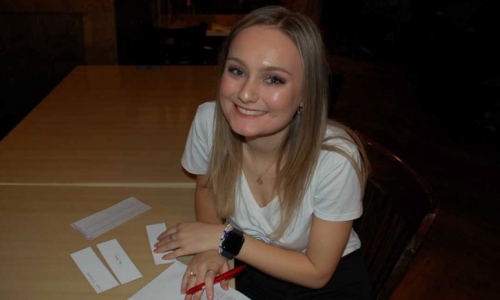
For many of us Communication Co-op students, writing comes with the territory. In our work terms, we may be tasked with writing a large report or a communication plan, which is no small feat. So, when I had the opportunity to attend the International Association of Business Communicators’ (IABC/BC’s) Communication Planning 101 Workshop, I jumped at the chance to learn a little more about strategic communication and writing a communication plan.
First thing’s first, what is a Communication plan? Simply put, it is a written document that sets out a clear step-by-step framework to clearly and logically summarize what you want to communicate to your intended audience, how you will deliver that message, and what tools you will use to do so.
The plan can be several pages long and answers (in as much detail as possible) the who, what, when, where and why of your plan. A plan should include, but is not limited to:
-
A project summary, including...
-
Information on your organization
-
The project itself
-
The problem you are solving
-
The project’s primary purpose and how that purpose fits into your organization
-
-
Clearly defined roles
-
Outline who is doing what and when they are doing it
-
-
Goals and Objectives
-
Identify the main goals of your plan and your intended outcomes for those goals
-
-
Key messages and themes
-
Bring the whole plan together with a relevant theme or a message pertaining to your goals
-
-
A solution overview
-
Why is your plan going to work and achieve your intended outcomes?
-
-
Implementation
-
Outline a timeline for your project with strict deadlines. How will you specifically get your initiative out to your audience? For example, this could include your marketing strategies.
-
1. Start with the Golden Circle

Before writing your plan you must ask yourself these timeless questions: why, how, and what.
-
What does your organization do?
-
How do they do it?
-
Why do they do what they do? Consider your organization’s central purpose or belief.
You can also check out this fantastic TedTalks video by Simon Sinek if you are looking for some examples.
2. What are your main goals?
Patricia Zhou, an SFU Communication Alumna and IABC/BC Director of Student Services, has many communication plans under her belt. She offers this advice, “start with an overarching goal. Once you have that solidified, everything else will come naturally. Ask a lot of questions; it’ll help you come up with goal-oriented questions and creative solutions.”
3. Define your Primary Audience
It is important that you know who your company, event, or product is targeting. By understanding the key characteristics of your primary audience, you can then understand what would influence them to do something, attend something, or buy something. Knowing your audience also influences how you implement a strategy in your plan, so this is a crucial step.
4. Create SMART Goals
When laying out the details of your communication plan’s goals, ensure that they are:
-
Specific
-
Measurable (by either quantitative or qualitative means)
-
Achievable
-
Relevant
-
Time-Framed
5. Be Clear
As students we have all gotten feedback from professors with phrases like “confusing,” “explain,” or “consider revising.” You want your plan to be clear and relevant so that it can be executed by yourself and others accurately and without confusion.
All in all, I found the Communication Planning 101 Workshop to be rewarding. I consider myself to be an effective communicator, but this event gave me the foundation to become a strategic communicator as well.
Resources
For more ideas and on effective communication planning go to
-
Strategic Communication Planning: Why the basics matter more than ever, another article covering the basic mistakes people make when writing a plan
Beyond the Blog
-
Want to connect with the hundreds of industry professionals associated with IABC/BC? For individuals who join before graduation, the cost of student membership is significantly reduced from a regular membership. Just want to test it out? Your student status can get you a reduced ticket for an upcoming event as well.
















